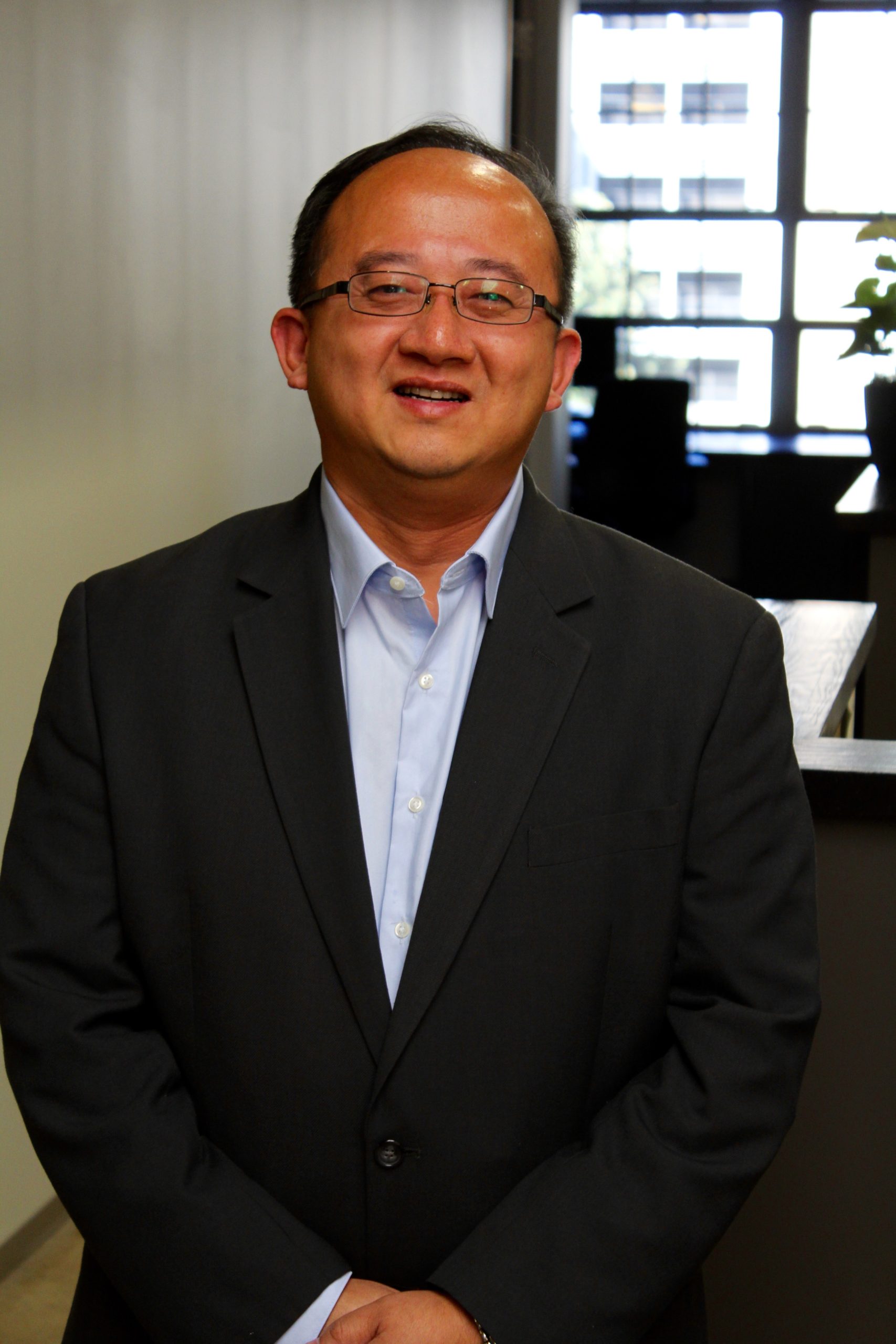The Episcopal Health Foundation welcomes Dr. Shao-Chee Sim as EHF’s new vice president for applied research. Sim comes to EHF after more than 20 years of extensive research, community engagement, planning, and strategy experience within philanthropy, federally-qualified health centers (FQHCs) and nonprofit organizations.

Sim is known nationally as a leader in improving health for immigrant communities and vulnerable populations. Most recently, he was the chief strategy officer of the Charles B. Wang Community Health Center in New York City. Sim led the FQHC in its research and evaluation, strategic planning and disease prevention, intervention and health service projects. Through strategic collaboration, Sim helped lead advocacy on issues such as community health center funding, hepatitis B, and culturally-competent health care. His research work included studying health disparities affecting underserved populations, assessing patient care experiences, and improving the effectiveness of intervention efforts.
Along with his work with community health centers, Sim also assumed research leadership roles at several foundations and nonprofits – including The Wallace Foundation and the Asian American Federation of New York. Much of that research centered on mental health, access to health services and children’s issues for vulnerable groups.
“Shao-Chee brings such a wide and diverse range of research experience to the Foundation,” said Elena Marks, EHF’s president and CEO. “Those experiences show a clear focus on health, not just healthcare. His leadership will help EHF become concentrated on not just doing more health research, but different research projects designed to help guide improvements to community health.”
Dr. Sim earned his Master’s degree in public administration from the JFK School of Government at Harvard University and a doctorate in public policy from the LBJ School of Public Affairs at the University of Texas at Austin.
“I’m excited for the unique opportunity to build upon EHF’s efforts to bring long-lasting improvements to the health of millions of Texans,” Sim said. “It’s an opportunity to develop health data and research not as final projects of themselves, but as tools to use to advance the health of all in communities.”